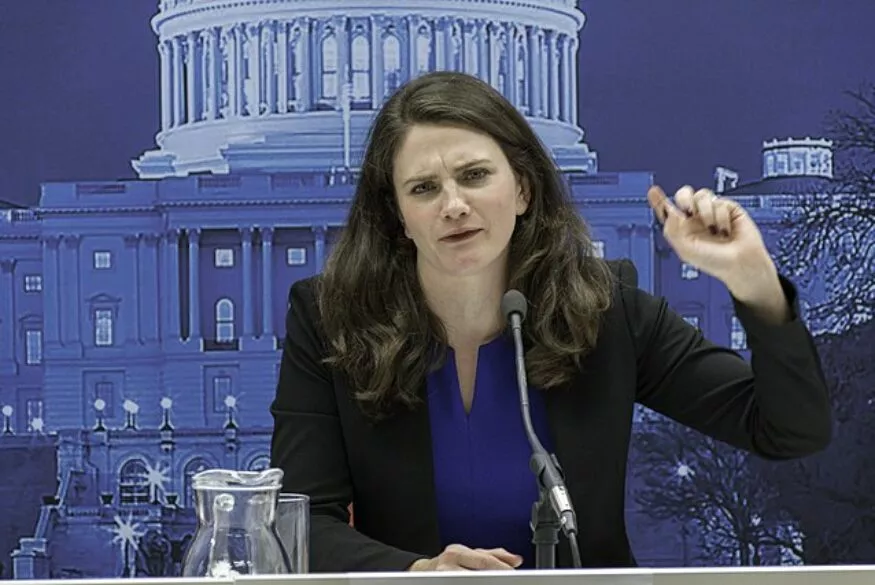Connecticut Governor Ned Lamont announced on Friday that the state will become the first in the nation to eliminate medical debt for eligible residents.
The initiative, aimed at erasing approximately $1 billion in medical debt this year, will utilize $6.5 million in funds from the American Rescue Plan Act. Connecticut plans to collaborate with a nonprofit organization specializing in purchasing and reducing medical debt at a discounted rate, according to a report by ABC News.
Eligible residents include those with a household income up to 400% of the federal poverty line, translating to $156,000 annually for a family of four. Alternatively, individuals whose medical debt accounts for 5% or more of their annual income will also qualify. The state expects the initial $6.5 million investment to alleviate medical debt for approximately 250,000 residents, as highlighted by ABC News.
Connecticut’s decision to tackle medical debt is significant, given that over 10% of the state’s residents currently have medical debt in collections, according to state figures. Nationally, a report by the Consumer Financial Protection Bureau identified medical debt as the primary source of collections debt for Americans, surpassing the combined impact of credit cards, personal loans, utilities, and phone bills.
The broader context indicates a pervasive issue, with a 2021 report from the Centers for Disease Control and Prevention finding that 10.8% of Americans faced difficulties paying their medical bills in the past year. Additionally, a 2022 analysis of government data estimated that 9% of adults, approximately 23 million people, owed more than $250 in health costs.
Connecticut’s pioneering move to eliminate medical debt reflects a proactive response to a pressing financial challenge for many individuals and families. By leveraging federal funds and partnering with a nonprofit organization, the state aims to provide relief to a substantial number of residents burdened by medical debt, setting a precedent for potential future initiatives in addressing financial healthcare challenges on a broader scale.

















